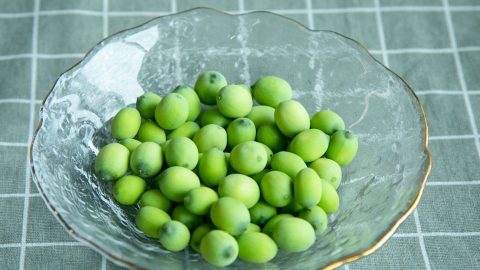Can patients with gallstones eat lotus seeds?
In general, patients with gallstones can eat lotus seeds, as long as they do so in moderation. Here's a detailed explanation:

Lotus seeds are low in fat, which does not increase the metabolic burden on the gallbladder, thus avoiding abnormal gallbladder contractions that may cause abdominal pain or other discomfort. At the same time, lotus seeds are rich in starch, protein, dietary fiber, and various vitamins and minerals. The starch and protein provide necessary energy for the body, while dietary fiber promotes intestinal motility and helps maintain normal digestive function. These nutrients also assist in enhancing physical health, making lotus seeds suitable for patients during stable phases of their condition.
In daily consumption, it is important to ensure lotus seeds are thoroughly cooked and softened. Raw or undercooked lotus seeds should be avoided to prevent indigestion and gastrointestinal discomfort. The germ (lotus seed heart) should be removed before eating, as it is cold in nature and bitter in taste; excessive consumption may irritate the gastrointestinal tract. Intake should be controlled—about 10–15 seeds per serving is recommended, as overconsumption may lead to bloating. If the patient is experiencing an acute episode accompanied by symptoms such as abdominal pain or fever, lotus seed consumption should be paused and only reintroduced in small amounts after symptoms have subsided.






